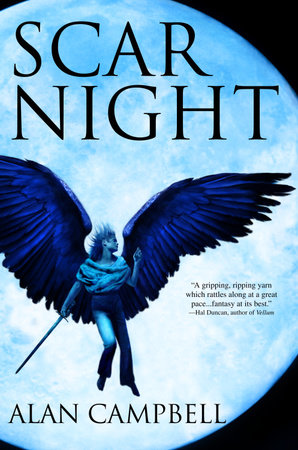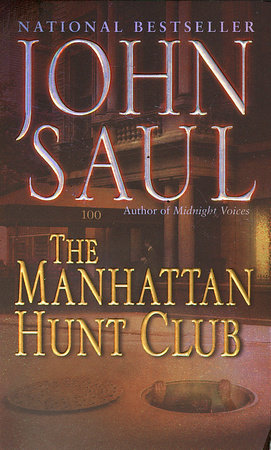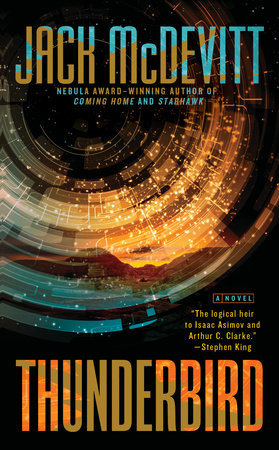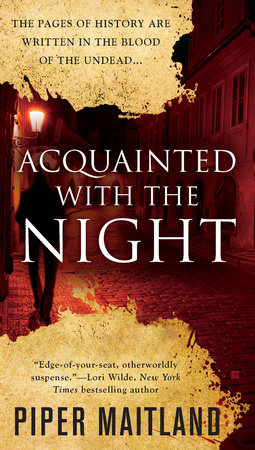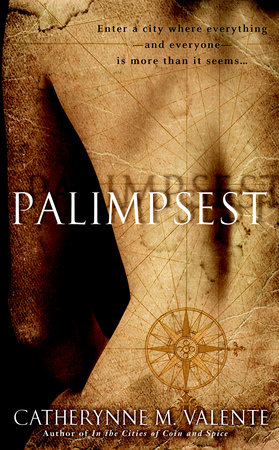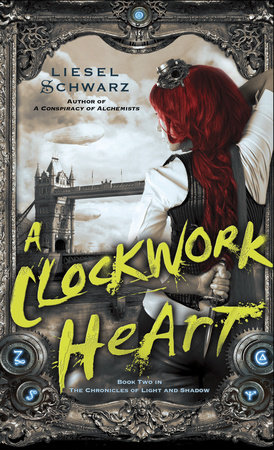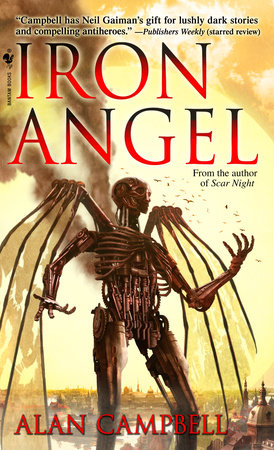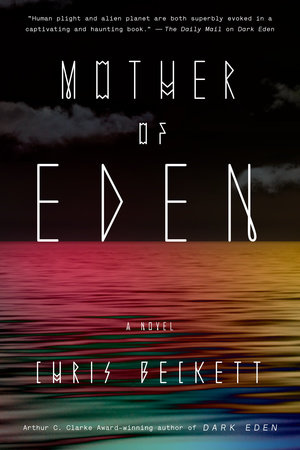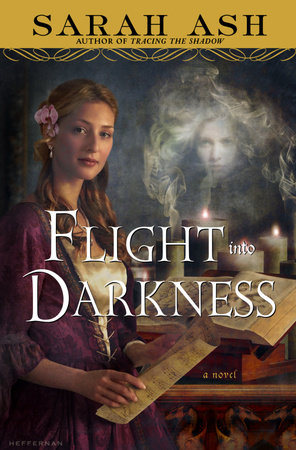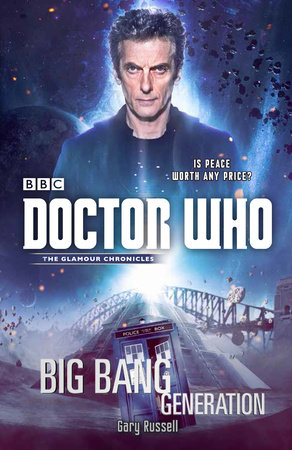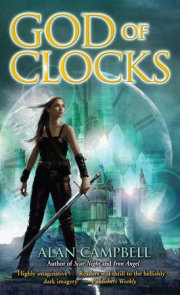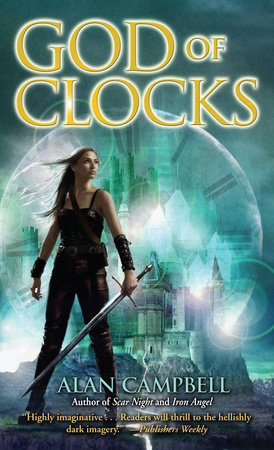Author Q&A
We’ve heard that you began Scar Night a decade ago in Budapest, but that you gave it up fairly quickly. What happened that made you stop writing at that point, and what compelled you to give this manuscript another shot rather than start with something else?
Soon after I’d returned home I started a job as a games programmer, which occupied almost all of my time. We were working to deadlines, which often meant long hours, so I really didn’t have much time to work on the book. Eventually I decided to quit coding and concentrate on photography—I’d had a little bit of success selling travel images, and wanted to expand my portfolio—but also to finish the book. I probably stuck with the original manuscript rather than attack something new because I enjoy rewriting. A good thing, too, because my photos weren’t great.
How did the germ of the story blossom? Was it something about Budapest that struck you, or was it fashioned from an experience you had there?
Neither, to be honest. I think Deepgate contains more of Edinburgh’s old town than Budapest—the narrow lanes, steps, closes, spires and turrets. I just happened to have a lot of time on my hands when I was in Hungary, and few distractions (like TV or beer money) so I started writing. I’m still not entirely sure where story came from.
Dill appears to be the main character of Scar Night, and he obviously has some learning to do. Was it a conscious decision to go with a younger, teenaged main character instead of a more adult character? Why?
Yes. The world I was trying to put down on paper was a dark, complex and menacing place, so I wanted a character who hadn’t been exposed to any of it yet. Dill has lived in isolation his whole life, under the watchful eye of an overly protective Presbyter. He only begins to step beyond the walls of his cell when the story begins. It was useful to explore Deepgate from his point of view, while destroying his preconceptions of how life should be.
Chains play a very big role in Scar Night, as do scars. What is it about these two things that compelled you to give them such meaning and prevalence?
I couldn’t get away from chains in a place like Deepgate, which owes its very existence to them. I liked the idea of a city hanging precariously over the unknown because, well, life is like that. But because chains were so prevalent in the city, I tried to use them in other ways in the story.
I felt that Carnival’s scars were necessary for her character. She’s cruel and savage, but I wanted to like her. And I couldn’t do that unless she had a conscience, even if it was buried deep inside. The scars she inflicts upon herself are a reflection of that conscience.
"Dark Fantasy" is a tag easily placed on Scar Night. It is full of pain, sorrow, denial, and is quite heavy. Dill and Devon provide the few lighter moments. Did you feel that the book was just too heavy at times and that it needed these light spots on occasion?
Absolutely. I had a lot of fun with both these characters —Dill with his bucket of snails, and Devon with his… err, unusual sense of humour.
Scar Night has a lot of religious influences and overtones. How much of this comes from your own religious beliefs/upbringing?
I’m not religious at all, but I think that fantasy worlds need religion to make them more believable. Wherever you have religion, you have conflict—maddening, frustrating, and horrific in real life, but handy in fiction when you want to have a bloody great war.
After setting Scar Night aside, you moved into the realm of video games. Compare and contrast, if you will, the process of novel writing and game programming.
I suppose there’s an element of problem solving in both processes. With writing, you’re trying to create story which works—which all hangs together and is, you hope, entertaining. Coding a large game is similar, and just as complicated, although your vocabulary of functions, data structures and variables is hidden from the player (and therefore tends to be a bit messier than prose).
Have you always enjoyed storytelling, or is this something that came along over the years?
I did enjoy writing stories at school, but I think I lacked the patience to really work at them when I was younger.
The gothic elements in the book remind me of Mervyn Peake’s Gormenghast. Was his work a particular inspiration? What other authors have you been inspired by?
Very much so. I love Peake’s rich descriptions of decaying places in Gormenghast. Other authors who have inspired me have been M John Harrison for his beautiful prose and George R R Martin for his intriguing characters; Also Stephen Donaldson for his anti-heroes and Steven Erikson’s superbly crafted worlds.
Scar Night is the first title in a series. When can readers expect volume two and what can you share with us about future titles?
More violence, ghosts, monsters and strange machines. The protagonists who survived the first book are forced out into the world beyond Deepgate, where they discover some very odd people and places. There are other gods at large, and they aren’t happy. Dill’s character evolves, although not in a way he hopes for or expects. Beyond that, I’d rather not say too much at the moment. The second volume should be out in early 2008.
